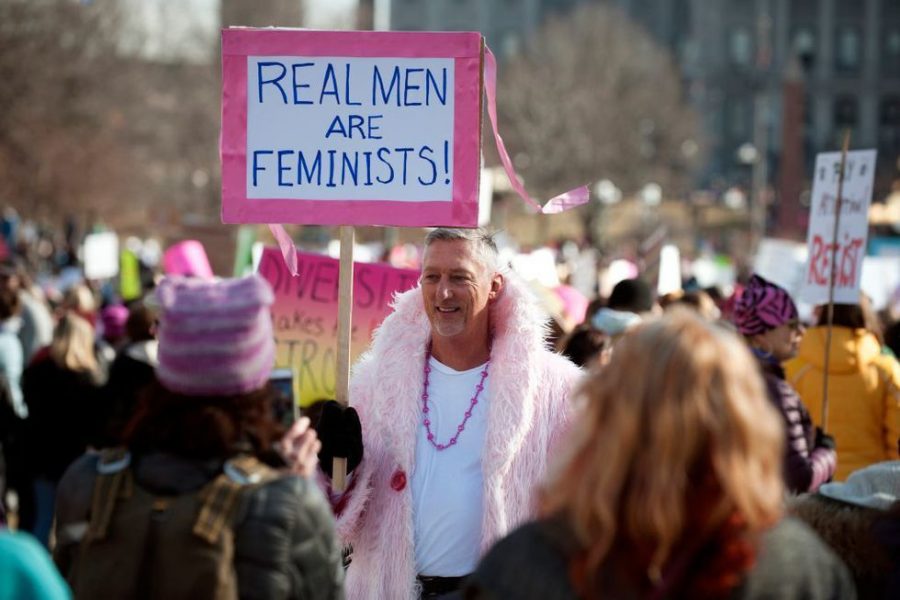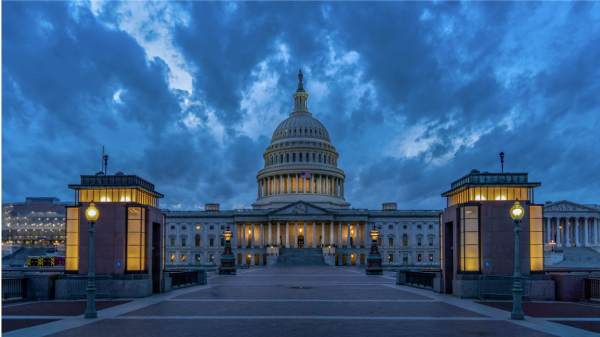Men in the Movement
Photo courtesy elle.com
Between the recent Kavanaugh hearing and the #metoo and Time’s Up movements, the conversation around sexual assault has been more prominent than ever, but what does this mean for men? Given that statistically, victims of sexaul assault are often women, they have taken the lead in the fight to end it. However, that doesn’t mean that men shouldn’t be a part of the fight or that they are the problem. The problem is the society we live in. One that everyone has contributed to, one that affects everyone, and in order to change requires everyone to take action.
A society like ours that normalizes and trivializes sexual assault is often referred to as “rape culture.” This rape culture manifests itself in sayings like “boys will be boys,” dismissing and normalizing this behavior. It defines “manliness” as aggressive and dominant and rewards men for any sort of sexual act, consensual or not. It sets a disgustingly low standard for boys and men to live up to and for women to expect from them. It sets in at a young age when a girl’s parents tell her that the boy at school is only being mean to her because he likes her. This then sets a standard in the girl’s mind for her future relationships, as well as telling the boy that it’s okay to treat girls poorly. Then in high school the boy learns that men are naturally more sexually inclined, so it would be normal for him to have to “persuade” a girl a little. The boy hears songs sexually objectifying women from artists he looks up to. Everywhere he turns, people are telling him that because he is a boy, he can and probably will treat women this way.
Positive aspects of our society help contribute to the problem of sexual assault in our country as well. The feminist movement, for example, and its focus on sexual assault suggests that it is only an issue that women have to deal with. While women are more frequently victims, sexual assault on men is an issue that often goes by unreported or overlooked. Unreported incidents are much more common with men because they face a greater stigma around reporting rape and sexual assault. Men might be more hesitant to come forward in fear of their masculinity or sexuality coming into question. Our rape culture’s idea of what it means to be a man (tough, aggressive, etc.) affects not only how men treat women, but how they treat themselves.
The only way to completely eliminate these sexist notions from our society is to expand the conversation to everyone. If male and female victims alike can speak freely about their experiences, their peers might see how much they can hurt someone through a stupid mistake. If everyone learns to respect and expect the best out of one another, the next generation can be raised that way and we can take one more step towards a society in which sexual assault is unacceptable.







